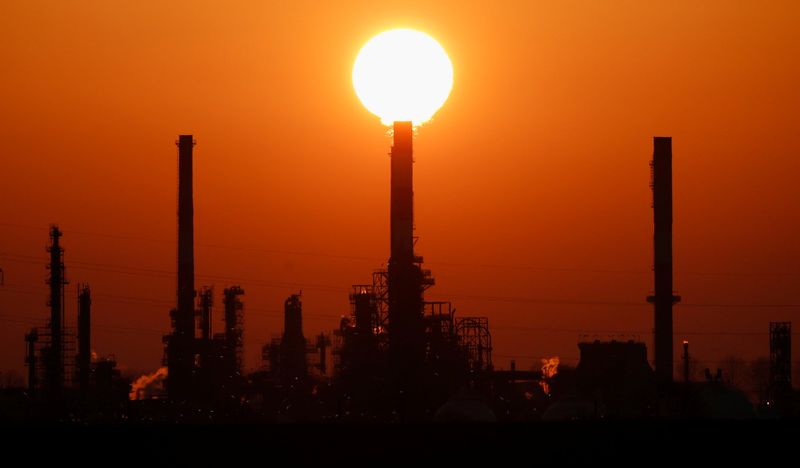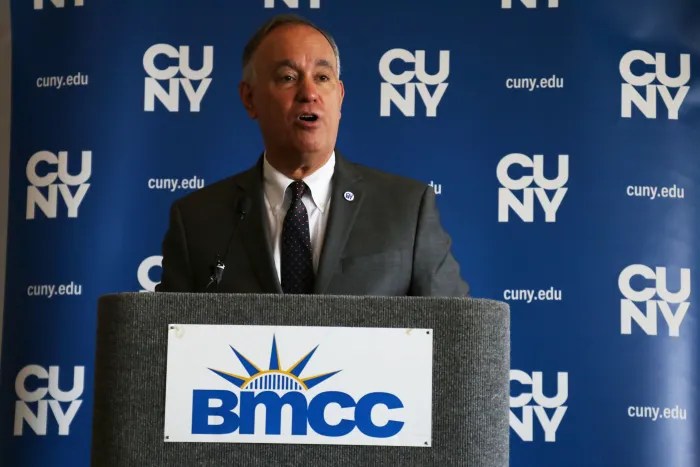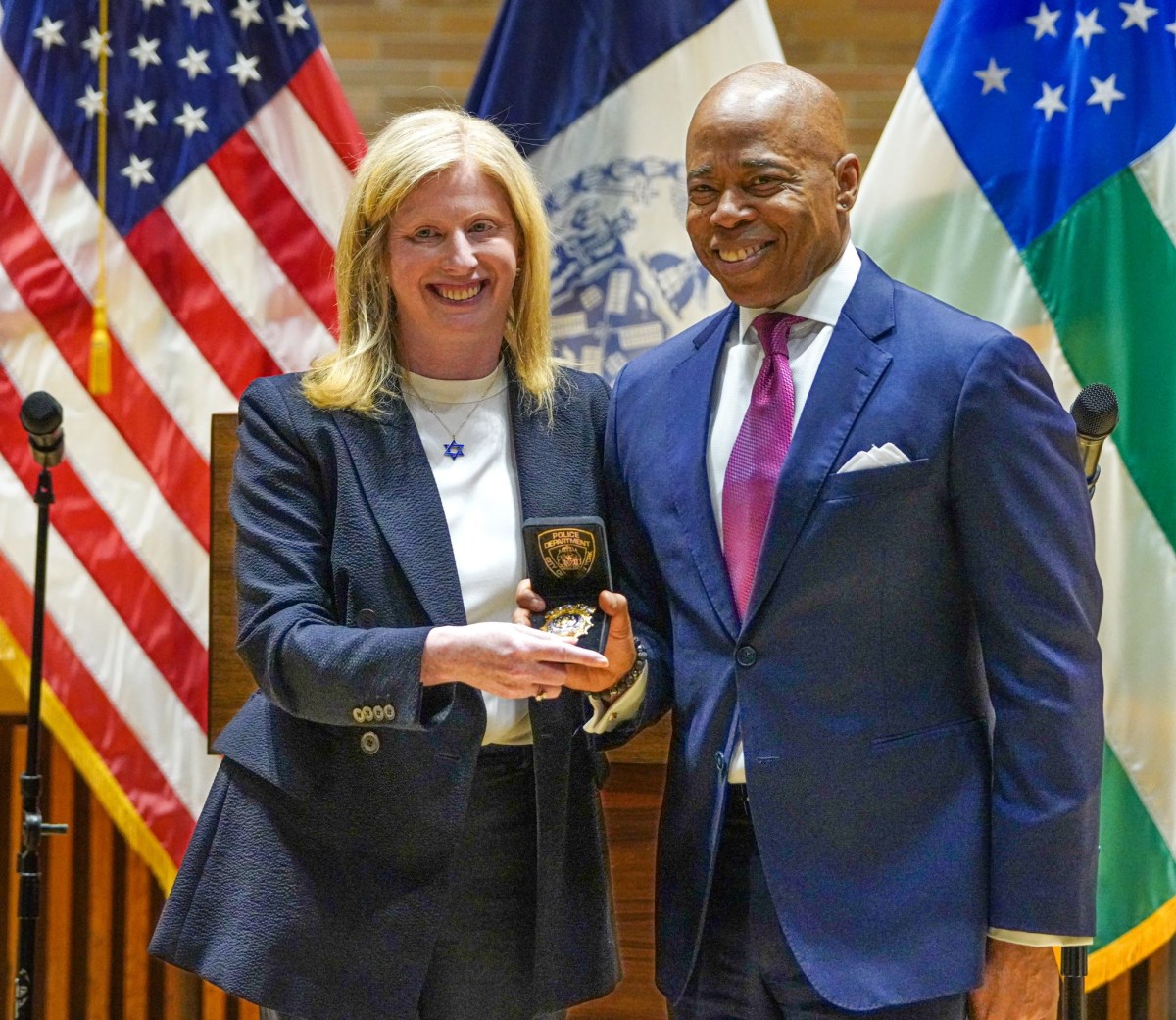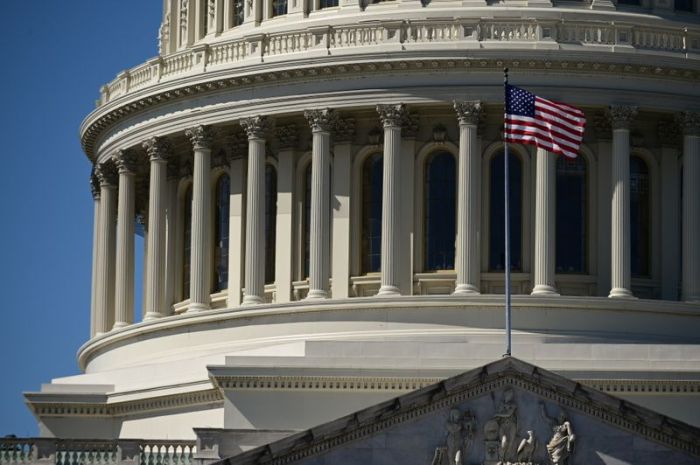NEW YORK (Reuters) – Oil prices rose on Wednesday on an upbeat forecast for global economic recovery and as U.S. gasoline inventories plummeted, but prices were limited due to a surge in crude oil inventories in the aftermath of last month’s Texas winter storm.
Brent crude settled at $67.90 a barrel, gaining 38 cents, or 0.6%. U.S. West Texas Intermediate crude settled at $64.44 a barrel, rising 43 cents, or 0.7%.
U.S. gasoline stocks dropped by 11.9 million barrels last week and distillates, which include diesel and heating oil, fell 5.5 million barrels, the Energy Information Administration said, sharper than analysts’ expectations in a Reuters poll for a 3.5 million-barrel drop each. [EIA/S]
Crude oil stocks, however, jumped 13.8 million barrels last week, far exceeding forecasts for a 816,000-barrel rise, as the nation’s oil industry continued to feel the effects of a winter storm mid-February that stalled refining and forced production shut-ins in Texas. [EIA/S]
“Production has rebounded back to pre-storm levels while refinery runs struggle to recover,” said Matt Smith, director of commodity research at ClipperData.
The pandemic-hit global economy is set to rebound with 5.6% growth this year and expand 4% next year, the Organisation for Economic Cooperation and Development (OECD) said in its interim economic outlook. Its previous forecast had been for growth of 4.2% this year.
“When it comes to lifting market sentiment, there is very little that can rival an upgrade to the post-COVID economic recovery,” said Stephen Brennock of broker PVM.
Oil prices have been steadily rallying for several months as OPEC+ – consisting of the Organization of the Petroleum Exporting Countries and allies – kept supply curbs in place. After briefly touching $70 per barrel earlier this week, Brent crude has edged off.
OPEC+ agreed last week to largely maintain production cuts in April.
Saudi Arabia’s foreign minister said that the kingdom and Russia were keen for fair oil prices and will continue their cooperation in the framework of the OPEC+ group.
(Additional reporting by Bozorgmehr Sharafedin in London, Stephanie Kelly in New York and Florence Tan in Singapore; Editing by Marguerita Choy David Goodman and David Gregorio)




















